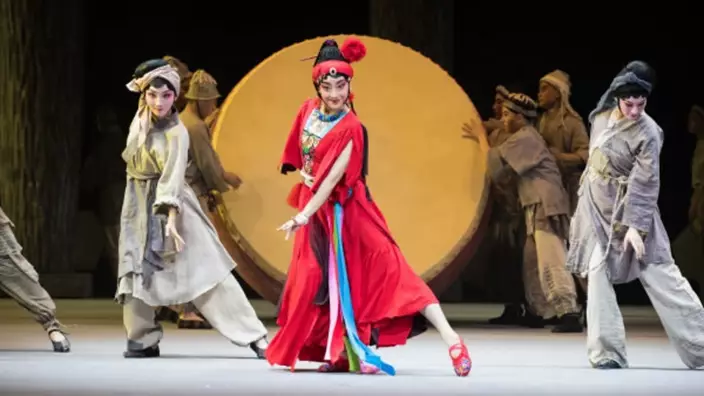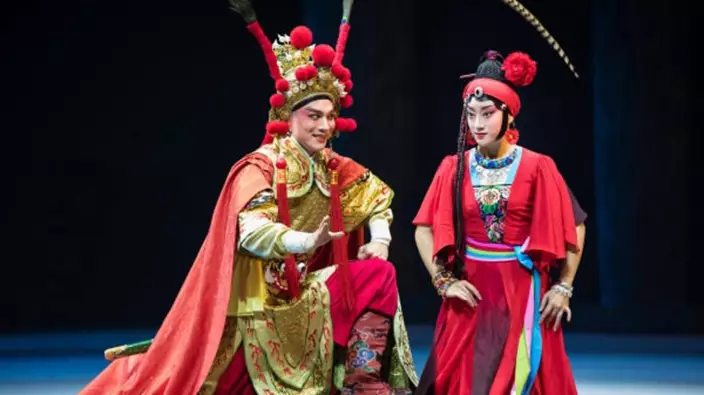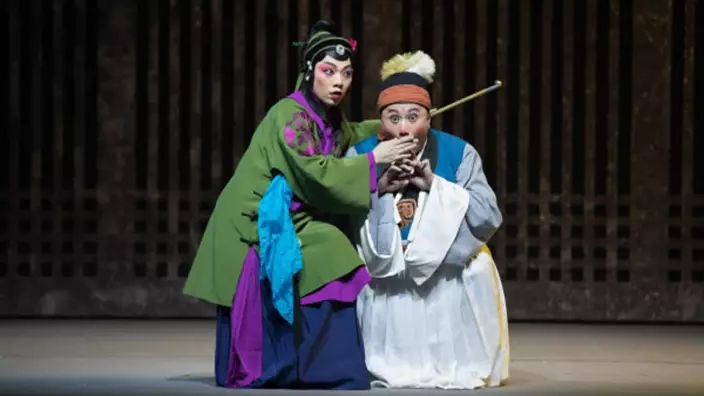A three-hour Chinese Kunqu opera adaptation of the classic French romance "The Hunchback of Notre-Dame" has made its debut at the Hangzhou Theater in east China's Zhejiang Province.

Scene from the Chinese Kunqu Opera "The Hunchback of Notre-Dame."/ Photo via Hanfeng Website
Kunqu is one of the oldest forms of Chinese opera with a history of more than 600 years.
"We have respected the original work of Victor Hugo while also making some changes in accordance with the requirements of Kunqu opera," said Chen Xingwu, one of the scriptwriters.
The names of the characters were translated into traditional Chinese names, with a given name and courtesy title for each role. Dialogue was presented in traditional opera librettos and ancient tunes.

Scene from the Chinese Kunqu Opera "The Hunchback of Notre-Dame."/ Photo via Hanfeng Website
"Many members of the audience know the story of The Hunchback of Notre-Dame, but it's still a fresh experience to watch it staged as a traditional Chinese opera," said Yang Zhenhua, a college student who watched the performance.
"Traditional Chinese operas are actually very adaptable and inclusive. They have stronger visual effects and more dynamic performances than Western opera. We hope to bring the Chinese adaptation of the novel to more audiences," said Zhou Mingqi, head of the Zhejiang Kunqu Troupe.

Scene from the Chinese Kunqu Opera "The Hunchback of Notre-Dame."/ Photo via Hanfeng Website
Kunqu was listed by UNESCO as a masterpiece of oral and intangible heritage of humanity in 2001. Many traditional Kunqu operas continue to be well known today, including "The Peony Pavilion" and "The Peach Blossom Fan."
"The Peony Pavilion" has been put on stage many times in foreign countries. The play was written by the famous Ming Dynasty playwright Tang Xianzu, who died the same year as British playwright William Shakespeare. The coincidence has drawn comparisons between the two.


